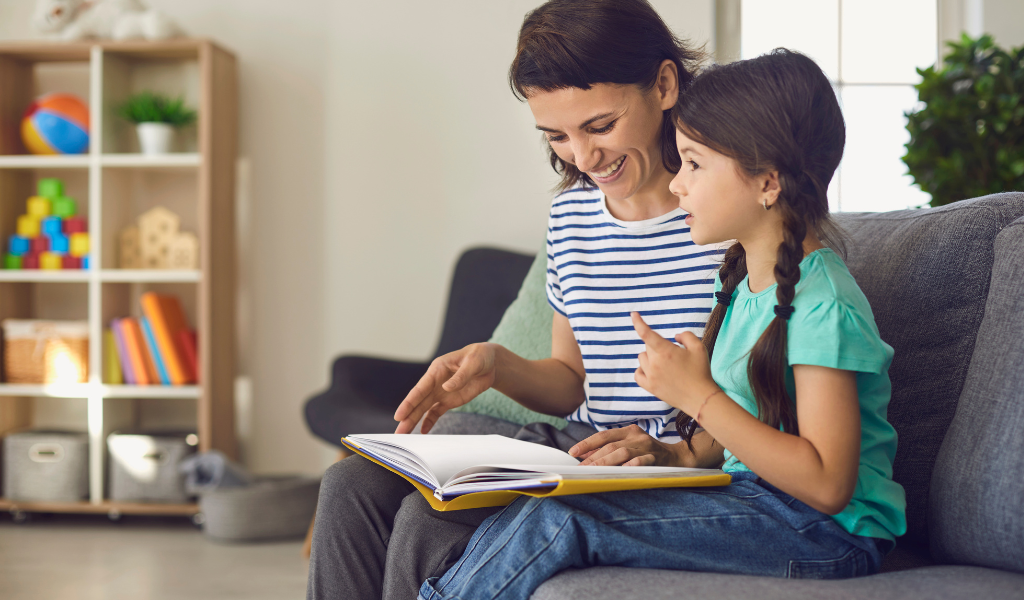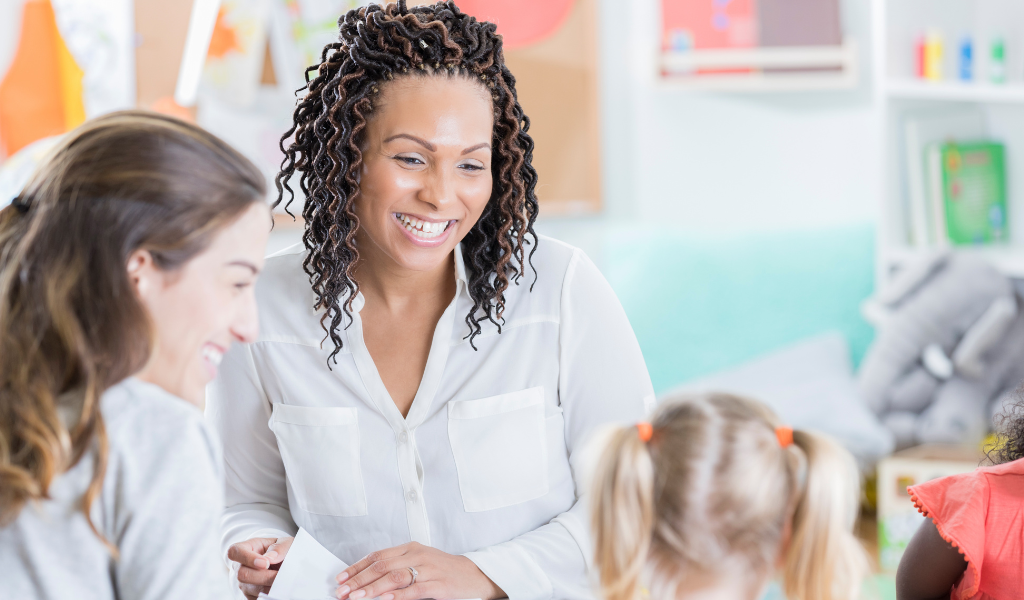In this article Ali McClure, early years author, teacher and SENco, shares some simple yet effective tools to explore and talk about learning…at your FingerTips!
Look back over the last few days, the last week. What are you particularly proud of?
I am proud of getting my admin systems better organised, I am proud of spending time with my sons. I am proud of saying ‘Yes’ to exciting opportunities.
If you asked me the question ‘What are you particularly proud of? I would only answer with one of these at once, perhaps the one most important to me, but which of these responses would make you curious, would make you want to dive deeper?

When we simply switch our dialogue from ‘What are you good at?’, ‘What did you do well?’ to ‘What are you particularly proud of?’ we are starting something special, a dialogue that helps us discover so much more. When working with a child, we sometimes dive in and tell them what they have done well, or tell them that we are proud of them, but these are our opinions, often judgements of finished tasks, targets met. Job done- tick- subject closed.
But rather than closing the conversation, how would it be if we opened it up, and opened up their opportunities for oracy, for finding the words that work and having the questions and confidence to be able to share their story? What if we empowered them to reflect and connect with their learning, with what matters most to them, and even, in their earliest years, to have agency- begin to own their own agenda- and their learning?
When we talk about a child ‘attention seeking’, what they seek is for us to be present. Praise, done well, has its place, but someone who truly tunes in and connects is precious. Using the FingerTips talking and connecting tool makes a learner of any age feel valued and listened to… and if they know they are listened to, they are more likely to talk.
These discovery dialogues offer us opportunities for something Rachel Romeo and colleagues call ‘conversation turns’. We worry about children coming into our schools and settings with fewer words than ever before, but Rachel1 shows us that it is not the number of words, but the number of ‘conversation turns’ that are the most impactful in building cognitive connections- helping them to learn. In ‘The Brain-Changing Power of Conversation’ she says
‘Don’t just talk to your child; talk with your child. The interaction, more than the number of words a child hears, creates measurable changes in the brain and sets the stage for strong literacy skills in school’.

The deceptively simple FingerTips Talking Tool not only helps children and the adults around them to learn, but helps them to reflect effectively- to know how they learn. When embedded into our ‘everyday’, these catalyst questions empower even our youngest children to practise metacognition, understanding for themselves how they learn best.
Even better, these simple, unforgettable, questions based on our five fingers, not only allow them to take their learning further, but also inform the learning of the person asking the question, and others around them, making it perfect for reflection and observation too.
Listening and language are such big issues for our little learners these days; if we can begin to model, suggesting or talking about what makes the children ‘feel pride inside’, or ‘smile inside’ then our reflections will have more depth. These reflections are then like ripples. Because they illicit what is important to that child, others begin to listen.
If we share these catalyst questions with parents, we are embedding opportunities for rich language in all aspects of our children’s lives – Talking together, Learning together and Growing together. This not only builds effective questioning and connecting conversations, it builds relationships.

It forms the basis for my Talking Together Tuesdays workshops and podcasts- primarily for parents but with a growing number of practitioners popping along every month. Sharing simple, impactful strategies with parents is one of the most powerful ways we can change the lives of children and families- for the better.
Who would have thought that there could be so much depth from just one simple question- and this is just the beginning!
The whole FingerTips family of five questions, seems ridiculously simple – on the surface no different from what we have ever asked before. But spot the subtleties, give it a go, gradually introduce it to your staff, your setting and… your children. The depth of reflection will soon make this unforgettable and versatile strategy indispensable! The impact of FingerTips on the lives and learning of children has been so effective that it has been recognised as part of an International Child Impact Initiative. Of this I am particularly proud!
Find out more about how this seemingly simple strategy can support you, your teams, your children and their families. Join Ali McClure, internationally recognised and award-winning author, educator and change maker on Wednesday 7th Feb from 8:00 pm – 9:00 pm for a great Kinderly webinar. Book your space: CLICK HERE
Ali McClure is a dedicated teacher, SENCo and highly regarded UK specialist in early education, learning and behaviours. She is a consultant, creator and change-maker! Ali’s training is unique and original, inspiring and empowering based on her considerable and current experience across early years and education. Ali’s practical, personal, down-to earth and respectful approach builds on her work as a SENCo, teacher trainer and hands on teacher of young children.
Ali’s highly- valued training and brilliant resources, enable every educator to use their precious time, resources and skills effectively- doing more of what works and less of what doesn’t. Ali’s ‘FingerTips – Talking Together, Learning Together, Growing Together’ tool has been invited to be part of the World Forum Child Impact Initiative. – the project aiming to positively impact ten million children by April 2024.
References
1 – Rachel Romeo and colleagues: The Brain-Changing Power of Conversation – Harvard, 2018, Available HERE